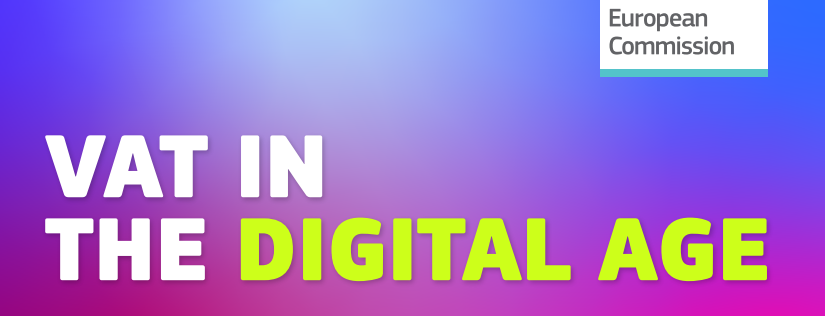- The European Commission has submitted proposals to change VAT legislation as part of a major reform in the Single Market.
- Tax professionals have drafted detailed reports on the three pillars of the VAT reform: Digital Reporting Requirements, Single VAT Registration, and the Platform Economy.
- These reports highlight the need for reform based on practical explanations and data from the past decades.
- The Commission has presented three legislative proposals to the Council, focusing on VAT rules for the digital age, administrative cooperation arrangements, and information requirements for specific VAT schemes.
- The main reasons for these reforms include the EU VAT Gap, outdated rules, digitalization, modern business models, and the need to simplify VAT management.
- The reform is divided into three pillars: VAT reporting requirements, VAT registration schemes, and the deemed supplier model for the Platform Economy.
- The Digital Reporting Requirements involve real-time invoice data reporting and the use of electronic invoices.
- The Single VAT Registration expands existing schemes and simplifies VAT registration for non-established businesses.
- The Platform Economy introduces deemed supplier liability and a uniform approach to defining services provided by platforms.
Source 1stopvat
Join the LinkedIn Group on ”VAT in the Digital Age” (VIDA), click HERE
Latest Posts in "European Union"
- CJEU Clarifies 0% VAT Documentation for Intra-Community Supplies: Key 2025 Ruling for Businesses
- Key CBAM Changes for EU Importers Effective January 2026: New Thresholds and Reporting Rules
- GENA Urges EU to Harmonise and Expand Digital E-Invoicing in Public Procurement Reform
- Audit Office Monitors Council’s VAT Filing Amid Potential £600k HMRC Fine Risk
- EU VAT Gap 2023: Key Findings, Country Comparisons, and Policy Insights from Mind the Gap Report













